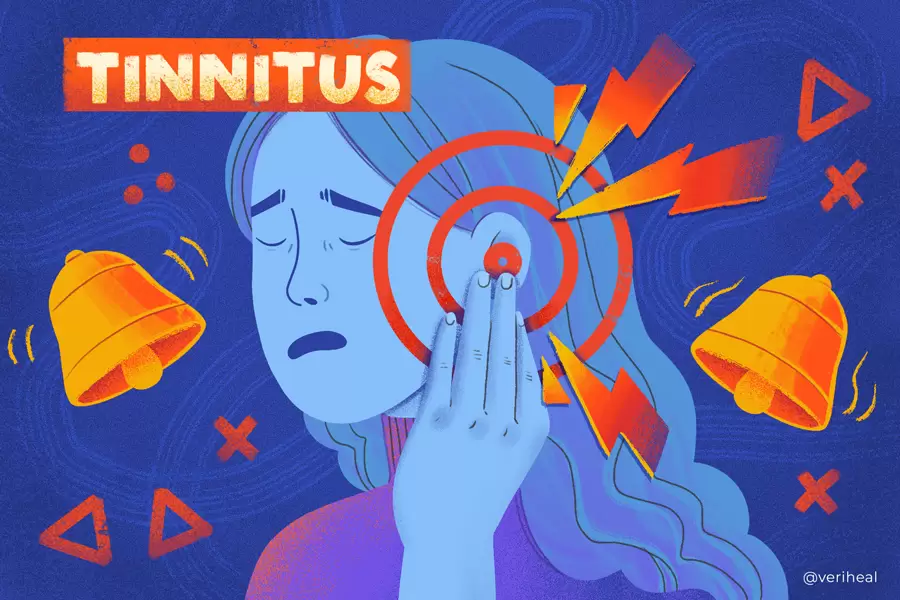Do you ever hear a ringing in your ears that just won’t go away? If so, you may be one of the millions of people who experience tinnitus. While there is currently no cure for this condition, there is exciting new research being conducted that could lead to a breakthrough in treatment options. In this article, we will explore some of the latest findings in tinnitus research and what they could mean for those who suffer from this frustrating condition.
The Buzz on Tinnitus Research: Surprising New Findings!
Recent research has shown that there may be a link between tinnitus and the way the brain processes emotions. Researchers at the University of Illinois found that people with chronic tinnitus have increased activity in the amygdala, the part of the brain that processes negative emotions like fear and anxiety. This could explain why people with tinnitus often report feeling more anxious or stressed than those without the condition.
Another surprising discovery is that tinnitus may be linked to hearing loss in a different way than previously thought. A study published in the journal Scientific Reports found that tinnitus may be caused by damage to the auditory hair cells in the inner ear, rather than damage to the nerve cells that transmit sound to the brain. This could lead to new treatments that focus on protecting these hair cells and preventing further damage.
Finally, researchers at the University of Michigan have discovered that a specific protein, called TNF-alpha, may be responsible for causing tinnitus in some people. This protein is produced by the immune system in response to inflammation and has been linked to a number of health conditions. By understanding the role of TNF-alpha in tinnitus, scientists may be able to develop new treatments that target this protein and provide relief for those who suffer from the condition.
Unlocking the Mystery of Tinnitus: Groundbreaking Studies Ahead!
Despite the progress that has been made in tinnitus research, there is still much to be learned about this complex condition. However, there are several promising studies currently underway that could lead to significant breakthroughs in treatment options.
One study being conducted at the University of Iowa is exploring the use of a new drug called AUT00063, which has been shown to reduce tinnitus symptoms in animal models. The drug works by targeting a specific receptor in the brain that is believed to be involved in the development of tinnitus. If successful, this drug could provide a much-needed treatment option for those who suffer from this condition.
Another study, being conducted at the University of California, San Francisco, is using a technique called transcranial magnetic stimulation (TMS) to treat tinnitus. TMS uses magnetic fields to stimulate specific areas of the brain and has been shown to be effective in treating other conditions like depression. By using TMS to target the parts of the brain that are involved in tinnitus, researchers hope to provide relief for those who suffer from this condition.
In conclusion, while tinnitus can be a frustrating and difficult condition to live with, there is hope on the horizon. With exciting new research being conducted every day, we are closer than ever to understanding the underlying causes of tinnitus and developing effective treatments to provide relief for those who suffer from this condition. So stay tuned, because the future of tinnitus research is looking ear-resistibly bright!
===OUTRO:







Be First to Comment